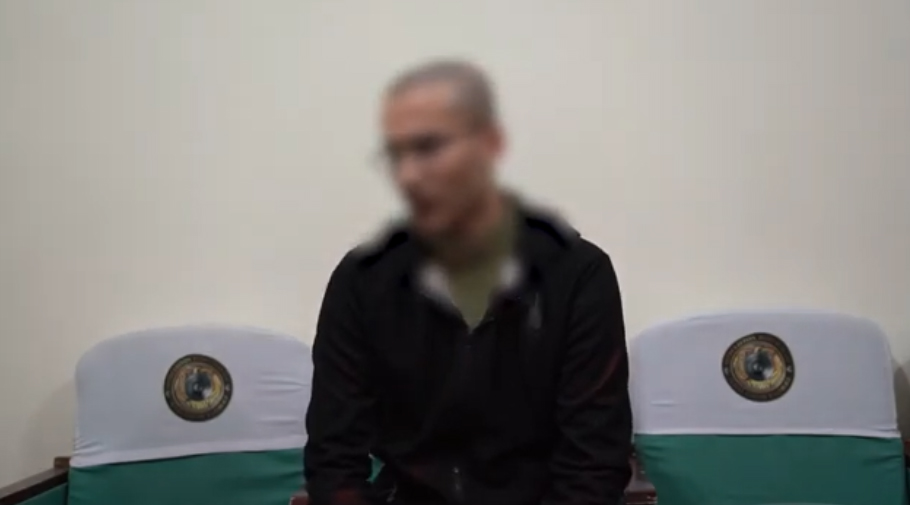This article is also available in:
Русский (Russian)
Uzbek
This story breaks the heart and causes outrage. An ordinary woman working as a janitor in Tashkent found herself in the midst of a nightmare that she could hardly have imagined in her worst dreams. With a salary of only 5.5 million sums per month, she ended up owing banks 180 million sums, all due to a scam.
This story was shared by blogger and public figure Islam Kaparzo.
It all started on May 8 when a stranger called the woman, claiming to be an employee of the Central Bank. He said that someone in Fergana was trying to take out a loan and was naming her as a guarantor. At first, the woman didn’t believe it was true and hung up the phone. But the scammer didn’t stop there. He found her on Telegram and sent a fake ID of a supposed Central Bank employee and a contract in which her surname was indeed listed as a guarantor. It looked so convincing that the woman began to worry.
Speaking in Uzbek, the fake Central Bank employee convinced her that there were many scammers around and suggested installing a special program on her phone to protect her data. As it turned out later, this program fully monitored her phone’s actions.
The scammer instructed the woman on what she needed to do to protect herself: which buttons to press and which fields to fill in. She even had to go through Face ID, supposedly to block any money transfers. In reality, the scammer used this information to open loans.
The result was devastating: the scammer took out loans in her name at four different banks. Now, because of these loans, the woman has to pay the banks 8.8 million sums every month. For someone with her income, this is simply impossible. She went to the police, but they told her that only a court could stop the loan payments. However, to file a lawsuit, she needs to pay 7 million sums for each case, and she has four cases.
The woman is in despair. She cannot pay off the loans and fears she will be sent to prison or lose her apartment. She has three children and lives in constant fear for their future. She hopes for justice, but she doesn’t have the money to take the case to court. Meanwhile, the banks continue to demand payments.
Stories like this are happening not just to her. Scammers are finding new victims, and banks, instead of helping, are increasing pressure, intimidating people to make them pay. This is no longer just a case; it’s a tragedy that ensnares the most defenseless and trusting. And who will protect them?
The text has been translated by AI. For more accurate information, please refer to the Russian version of the article.











